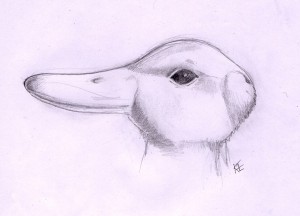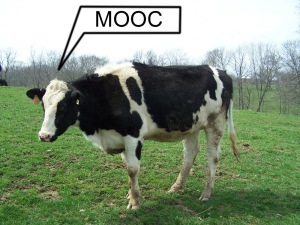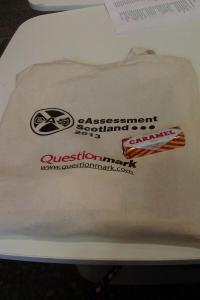I’ve just finished Michael Billig’s book Learn to Write Badly: How to Succeed in the Social Sciences and enjoyed it very much. The overall message of the book is that writers (he says social scientists, but I think this applies more widely than that) should aim for clarity and simplicity, and not try to obfuscate by inventing big new words to take the place of everyday ones. His particular bugbear is nominalisation (note, as he does, the irony of his using that term!) and reading his book has made me very aware of how much this happens, in academic writing and in everyday life. At the end of his book he gives six recommendations for writing:
- We should try to use simple language and avoid technical terms as much as possible.
- Try to reduce the number of passive sentences in your writing.
- We should try to write clausally rather than nominally:
- Treat all these recommendations as either guidelines or aspirations, but not as rigid rules.
- As social scientists, we should aim to populate our texts – to write about people rather than things.
- Lastly we should avoid becoming personally attached to our technical terms.1
He refers to Orwell’s six rules for writing in his essay Politics and the English Language, which are well worth remembering:

- Never use a metaphor, simile, or other figure of speech which you are used to seeing in print.
- Never use a long word where a short one will do.
- If it is possible to cut a word out, always cut it out.
- Never use the passive where you can use the active.
- Never use a foreign phrase, a scientific word, or a jargon word if you can think of an everyday English equivalent.
- Break any of these rules sooner than say anything outright barbarous.
As I was reading Billig I was also reminded of Paul Grice’s co-operative principle, which is all about writing clearly and being relevant:
“Make your contribution such as it is required, at the stage at which it occurs, by the accepted purpose or direction of the talk exchange in which you are engaged.”2
He formulates four maxims from this, which I like:
- The maxim of quantity, where one tries to be as informative as one possibly can, and gives as much information as is needed, and no more.
- The maxim of quality, where one tries to be truthful, and does not give information that is false or that is not supported by evidence.
- The maxim of relation, where one tries to be relevant, and says things that are pertinent to the discussion.
- The maxim of manner, when one tries to be as clear, as brief, and as orderly as one can in what one says, and where one avoids obscurity and ambiguity.
These lists have a few things in common, but the one that strikes me is that these sets of rules are written by very clever people who are respected by others for writing well, and that all of them write in simple, easy to understand language.
I’m reminded of the story of the Emperor’s new clothes – I’m sure I don’t need to say why 😉
Notes
1. Billig, Michael (2013-06-30). Learn to Write Badly (p. 215). Cambridge University Press. Kindle Edition.
2. Grice, Paul (1975). “Logic and conversation”. In Cole, P.; Morgan, J. Syntax and semantics. 3: Speech acts. New York: Academic Press. pp. 41–58












